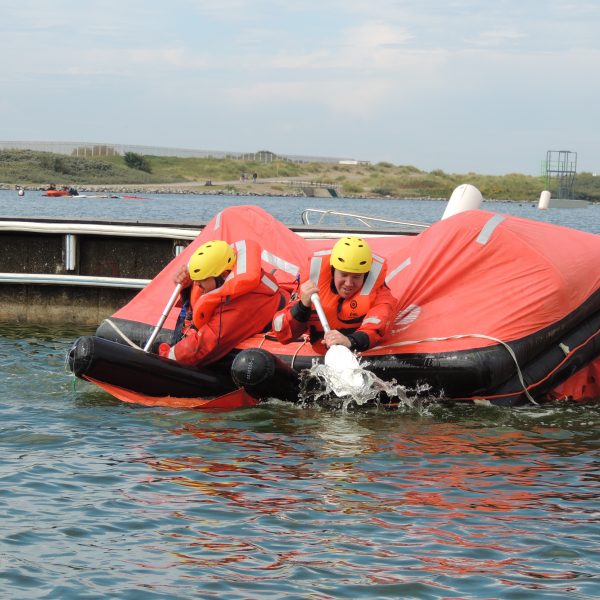The vast expanse of the open sea, with its unpredictable weather patterns and ever-changing moods, presents a unique set of challenges for mariners, offshore workers, adventurers, and anyone who ventures beyond the shores. In the realm of maritime safety, a sea survival course emerges as a vital training program, equipping individuals with the knowledge, skills, and mindset needed to withstand the rigors of the maritime environment and navigate emergencies with confidence. In this article, we delve into the essential components of a sea survival course, shedding light on the comprehensive training that prepares participants to conquer the waves and emerge as masters of survival.
Setting Sail into Sea Survival Training
A sea survival course is designed to impart practical skills, theoretical knowledge, and hands-on experience to individuals who may find themselves in challenging situations at sea. Whether aboard vessels, offshore installations, or watercraft, participants are immersed in a comprehensive curriculum that covers a range of critical areas.
Key Components of a Sea Survival Course
Emergency Preparedness
At the heart of sea survival training is the cultivation of a prepared and proactive mindset. Participants learn the importance of remaining calm under pressure, effective communication during emergencies, and the establishment of clear roles and responsibilities within a team.
Life Raft Operations
Life rafts are vital assets during maritime emergencies. Participants are trained in the correct procedures for launching, boarding, and properly using life rafts. This includes practical exercises in inflating and boarding life rafts, as well as techniques to maintain stability in the water.
Survival Techniques
Surviving at sea requires a diverse set of skills. Sea survival courses teach participants how to find sources of freshwater, construct rudimentary shelters, signal for help using flares or other devices, and manage food supplies in case of prolonged exposure.
Search and Rescue Procedures
Participants gain insight into the procedures and protocols for search and rescue operations. This includes knowledge of various distress signals, signalling devices, and techniques to enhance visibility for potential rescuers.
First Aid and Medical Care
Basic first aid skills are essential in any survival situation. Sea survival courses cover essential medical care techniques, including administering first aid, managing injuries, and providing initial treatment until professional medical help arrives.
Cold Water Immersion
Surviving cold water immersion is a critical aspect of sea survival training. Participants learn how to manage hypothermia, prevent heat loss, and preserve body heat in cold water environments.
Fire Safety and Prevention
Fire safety is paramount on vessels and installations. Participants learn how to prevent fires, use firefighting equipment, and respond effectively in the event of a fire emergency at sea.
Equipment Familiarization
Familiarity with essential maritime safety equipment is emphasized. Participants are educated on the proper usage of life jackets, immersion suits, distress signals, and other vital tools.
Sea Survival Drills
Practical drills are a fundamental component of sea survival training. Participants engage in realistic scenarios, simulating emergencies and practicing evacuation procedures, life raft deployment, and other survival techniques.
Psychological Resilience
Mental strength is crucial in survival situations. Sea survival courses offer strategies for maintaining psychological resilience, managing stress, and fostering a positive mindset to endure challenges at sea.
The Ripple Effect of Sea Survival Training
A sea survival course extends beyond individual skill acquisition; it fosters a culture of safety, responsibility, and preparedness in the maritime community. Graduates of such courses become ambassadors of safety, carrying their knowledge and expertise to vessels, offshore platforms, and maritime operations across the globe.
Safety on the Horizon
In a world where the sea commands respect and demands resilience, a sea survival course is a compass that guides individuals through the unpredictable waters of maritime challenges. Armed with skills honed through practical experience and theoretical understanding, those who undertake sea survival training stand ready to navigate adversity, conquer the elements, and emerge as true masters of survival on the open sea. As they journey forward, these individuals carry with them the assurance of safety and the profound ability to weather the storms that may come their way.











